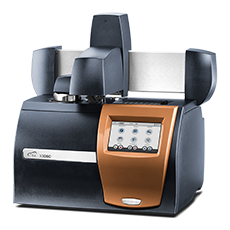Optimization of Catalytic Reactions by High-Pressure TGA
Catalytic reactions are everywhere: from plastics and bread to over 90% of all chemicals worldwide, countless goods and materials are manufactured with the aid of catalysts.1 Catalysts are substances that speed up sluggish chemical reactions. Faster reactions are more technologically and economically competitive. Furthermore, optimized catalysts offer a huge potential to reduce energy and resource consumption and lower carbon dioxide emissions.









